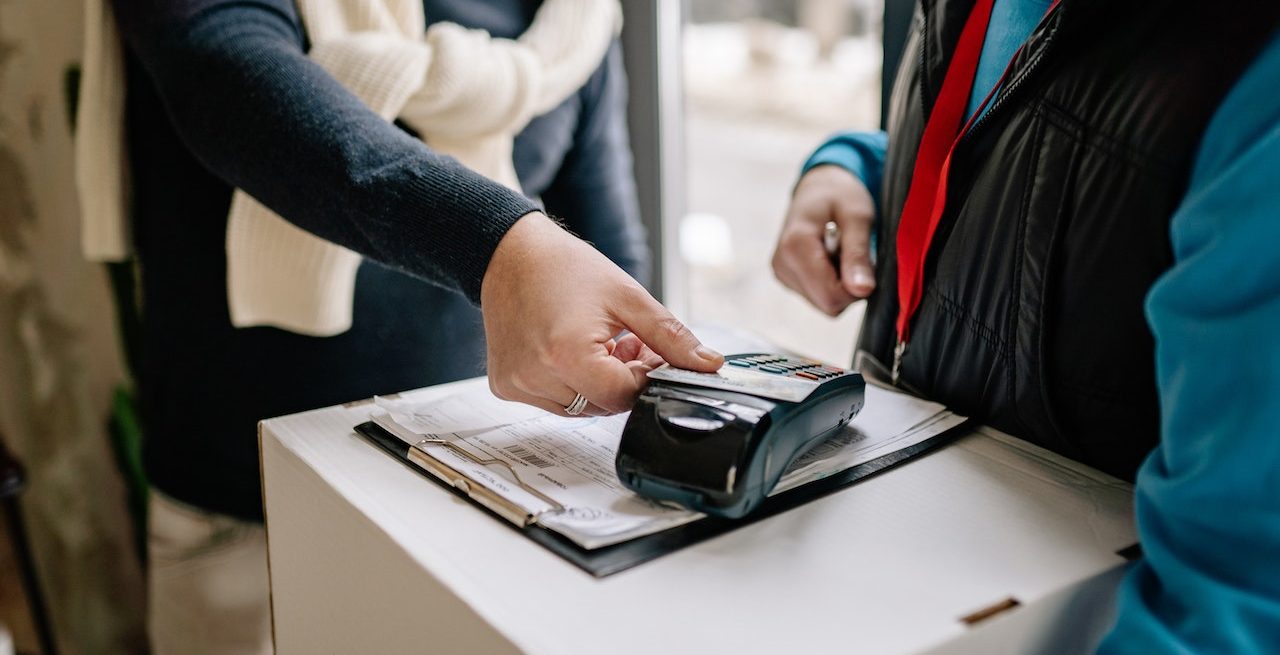Three Things Your POS Can’t Do if You Lose Internet
3 Min Read By Greg Davis
Nearly every restaurant in the United States relies on a Point of Sale (POS) system for the majority of its front-of-house operations. That system needs access to the internet in order to keep functioning. But what happens when your restaurant suffers an internet outage, taking your POS system with it? Not only can that become frustrating for your guests, but it can also make in-house operations much more difficult.
If the internet is down for a period of time, that's going to cause some significant problems for your restaurant. While this type of disruption hinders the customer experience, it can also be costly in terms of operations. Here are three of the biggest and most important things your POS system won't be able to do without internet access.
1. Process Payments for Non-Cash Transactions
In a digital age, a lot of people use cards instead of cash – but they can't do that if your POS system isn't working. Your restaurant needs to be able to take electronic payments for customer convenience and to keep everything moving. However, if you don't have an internet connection to support this, you can end up with frustrated guests who don't have a way to pay for their orders.
As the cashless economy catches on, many people simply don't carry cash with them, and they wouldn't be able to pay for their food if your restaurant's POS system failed. The majority of restaurants don't have a plan in place for that kind of problem, meaning customers and employees wouldn't know what to do next. The result is lost revenue and unhappy guests.
2. Handle Online Ordering and Delivery Management
Payments from guests who have dined at your restaurant or who want to get food to go aren't the only concerns when your POS system isn't working. Your delivery management and online ordering will also be impacted. With more than 750,000 US restaurants using Uber Eats, for example, and another 390,000 using DoorDash, you could lose a lot of business to your competitors if you're unable to take online orders or manage those orders through delivery apps.
When people order through delivery apps, they expect to get their food quickly and without any inconveniences. If they aren't able to order online from your restaurant, or the drivers can't see that there's an order for them to deliver, potential guests will just move on and order from someone else. Sixty-five percent of consumers report that they have switched to another brand because of a poor service experience.
3. Synchronize Your Data in Real-Time
Among the biggest functions of your POS system is the synchronization of all the data and devices you're using at your restaurant. Without the internet, you would quickly find that data isn't being synched and information isn't being shared the way it should be. That can lead to delays and discrepancies, both of which can affect your restaurant's bottom line.
Let’s say your POS is offline; this has significantly increased the likelihood of order errors and miscommunication between front-of-house and back-of-house staff. Orders may not reach the kitchen promptly or may get lost, resulting in delays, incorrect dishes, or missed orders. Alternatively, if a menu item is no longer available, it may not be reflected in the POS systems for servers to be aware of. This can lead to customer dissatisfaction, negative reviews, and loss of revenue.
What's the Solution to this Risk?
With standard internet providers, you can't predict when the internet might go down or when your POS system might be offline and unable to connect. But you can take steps to mitigate the problems that are caused when that happens by using other connectivity options.
One of the fastest-growing pizza chains in America, Jet’s Pizza, recently opted to implement a cloud-based online ordering system and a Point-of-Sale (POS) solution that runs on a static IP connection. By doing so, the company can prevent downtime, saving anywhere from $1000 to $2000 an hour.
One of the biggest steps in minimizing the risk of downtime is working with a provider who can offer strong, reliable internet services through custom solutions that are designed to help restaurants protect their payment, ordering, and data synchronization abilities. Cloud access, overlay tunnels, and routers that are connected through a custom-designed network can give restaurants the additional support they’re looking for.


